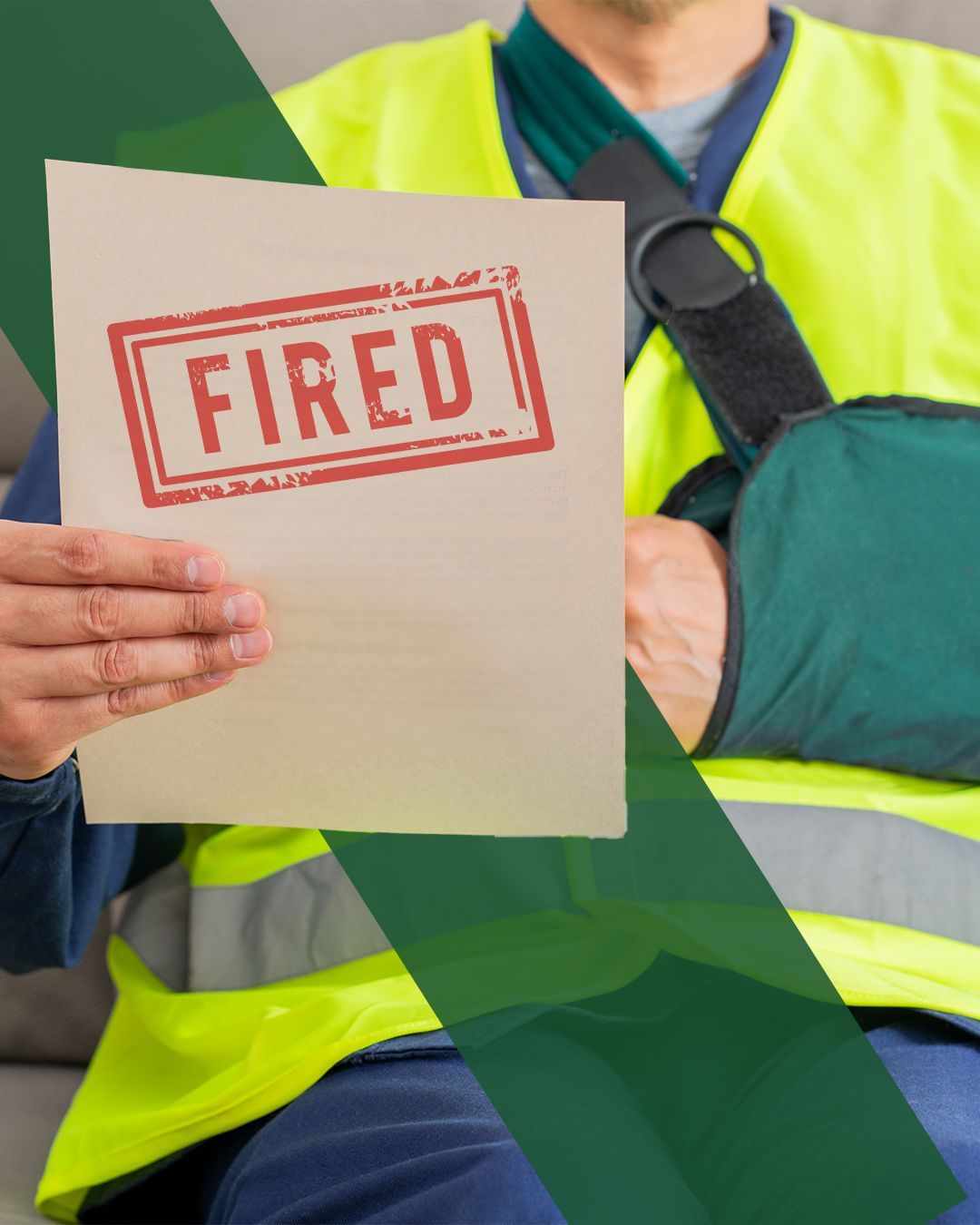Drowsy Driving And You
From DUIs to texting while driving, we know these carry serious consequences when out on the road. However, an often overlooked danger on the road is being tired behind the wheel. We break down the dangers of drowsy driving and what you can do if you find yourself involved in a drowsy driving-related legal matter.
What Is Drowsy Driving?
Drowsy driving can be defined as falling asleep behind the wheel or having trouble staying awake while driving. It’s also called “being sleepy at the wheel” or “driving while impaired by fatigue.” You can get into trouble if you drive so tired that your attention is impaired—even if you don't fall asleep entirely behind the wheel!
Are There Specific State Laws For Drowsy Driving?
Yes. Drowsy driving is a severe problem, and many states have laws that pertain to it. Some of these laws are specific to drowsy driving, while others are more general but still address the issue of fatigued drivers on the roadways. In New Jersey, the state has criminalized "drowsy-driving," which means operating a vehicle.
You may be wondering how this applies to her in Pennsylvania under Title 75 § 3714 of Pennsylvania State law; you can be charged for drowsy driving, as it is categorized similarly to careless driving. Depending on the accident's severity caused by being asleep behind the wheel, you can look at a fine or even possible jail time.
Can Drowsy Driving Get You Arrested?
Drowsiness is not a crime but depends entirely on the context. However, if you're suspected of driving while drowsy, that may be grounds for arrest by the police. Various factors determine whether or not someone will be arrested for driving under the influence (DUI). For example, if you are pulled over and suspected of being intoxicated, and the police ask you to take a breathalyzer test and refuse, they can arrest you on those grounds.
Similarly, if you're too tired to drive safely, officers may decide that your ability to drive safely has been compromised enough to warrant an arrest. The only way out at this point is to prove that there were no adverse effects on your ability to operate a motor vehicle when pulled over. If so, then they will likely let you go without further consequences. Although this is not worth risking, depending on the officer, you may face additional charges that can easily be prevented with a quick nap.
What are the penalties for a conviction of drowsy driving?
In the worst-case scenario, you could be charged with vehicular manslaughter or other crimes. This can lead to fines, jail time, and a loss of your driver's license. In addition to these penalties, many other consequences come with being convicted of drowsy driving—such as increased insurance rates and legal fees.
Legal Help
In some cases, a driver can avoid jail time. However, this is only if the attorney can prove that their client wasn't willfully negligent in operating their vehicle while tired or drowsy. This can be difficult because many people don’t realize they are driving while tired or drowsy until after police officers have pulled them over.
A skilled attorney will know how to use evidence from both sides of your case and present it in court to achieve the best outcome possible. They may also be able to negotiate with prosecutors on your behalf before charges are formally filed against you, which could reduce the severity of any penalties associated with these charges.
If you are facing a drowsy driving charge, your best bet is to hire an experienced attorney. A skilled attorney can help you understand the charges against you and the legal process and help with any plea bargain negotiations. They can also help with court processes and procedures, which can be intimidating for someone who has never been in this kind of situation before.
Suppose you want to ensure that your rights are protected throughout the process and reduce your chances of being unfairly charged for a crime.
At Slusser Law Firm we are ready to fight on your behalf to get you the justice you deserve. Whether you have been unfairly charged with a crime or need help filing claims, our offices are open. So give our team a call today at :Sub:Phone} to schedule your initial consultation.




